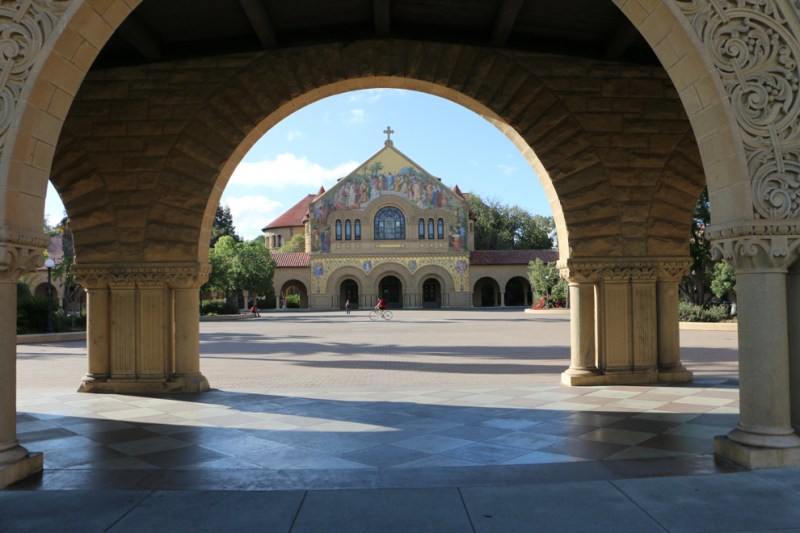President Marc Tessier-Lavigne and Provost Persis Drell announced that the Framework Task Force — which was charged with proposing a new framework on the study of race at Stanford — recommended the departmentalization of African and African-American Studies (AAAS) at a Campus Conversations event on Monday.
This recommendation follows countless efforts of organizing by student advocates, including the Black Graduate Student Association (BGSA), who recently hosted a teach-in on the fight for AAAS departmentalization.
“We are excited about the recommendation to departmentalize and believe that this is a step in the right direction,” third-year sociology Ph.D. student and BGSA President Kimya Loder M.A ’20 said. “We also recognize that there is much work to be done and expect that the new steering committee dedicated to crafting the structure of a department will be comprised of those who are most impacted, including students and AAAS staff and faculty affiliates.”
Second-year communications Ph.D. candidate and BGSA Vice President Reagan Ross echoed Kimya. “We’re celebrating this win, but the work isn’t over. We must ensure that the demands of student organizers are met. In order for that to happen, students and AAAS staff affiliates must be included in any committee charged with determining the structure of the department,” Ross said.
According to Drell, the task force suggested the creation of a subcommittee to devise details on the process of departmentalizing AAAS. This group would oversee the general development of the department, including its intellectual scope, curriculum plans and appointed faculty members.
Psychology professor emeritus Claude Steele said he viewed this action as a step toward demonstrating Stanford’s capacity to be a leader in undertaking the study of race and its impacts on society.
“This represents an institutional commitment and opportunity to take things on in a distant intellectually disciplined way with our best scientific, social, scientific, humanistic approaches to understanding these challenges and helping society,” Steele said. “And it gives us an opportunity to really accomplish something.”
This recommendation was part of the efforts to improve diversity and equity within the University and focus on achieving change with a long-term impact on racial justice. While Drell indicated that proposing the creation of the new department to the Advisory Board and Board of Trustees will likely not occur until next year, students expressed excitement about the recommendation.
At the event, Drell also said that the IDEAL initiative, which aims to address the concerns of underrepresented racial groups in the Stanford community, is central to efforts to bolster diversity and racial equity. She added that Stanford is taking concrete steps to follow this initiative. The IDEAL dashboard, which contains information about the demographics of students, faculty and staff, is intended to increase transparency about the Stanford community.
“We just aren’t going to make advancements in areas of Diversity, Equity and Inclusion unless we have a clearer picture of our community and conceive where we need to improve and measure how we’re progressing,” Drell said.
Drell also said that efforts to increase the diversity of faculty are a high priority of the IDEAL initiative. While both undergraduate and graduate student bodies have grown in diversity, she said, this progress has not been reflected among teaching staff and the administration as a whole. Drell stated that two efforts to increase the faculty diversity are the IDEAL Provostial Scholar program and faculty cluster hire, both of which are directed towards supporting work and research among faculty of color.
Charles Young, a Stanford trustee and Chair of the Black Community Council, also discussed coinciding efforts by the Black Community Council to increase Black representation in leadership positions. He emphasized the importance of holding the University accountable and establishing respectful and equitable treatment among faculty of color.
The event also included a brief discussion on King Institute. According to Steele, the Institute has been largely underused by Stanford despite having opportunities to offer. Drell said that discussions among the administration have been centered around connecting the center to other programs on campus.
